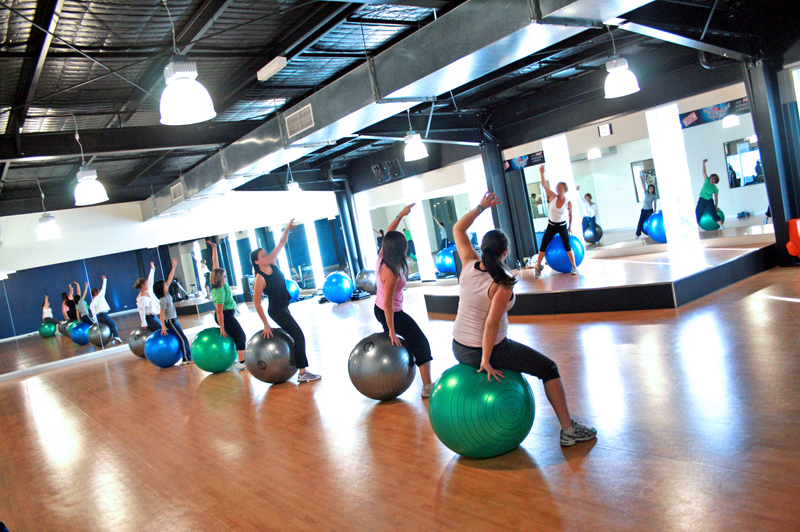They say it makes their exercise classes too cheap. Should gym-goers care?
ClassPass is a techie start-up that is intended to make working out cheaper for gym-goers, and more profitable for gym-owners. The way it works is this: ClassPass members pay a certain amount of money each month for ‘credits’ which they can spend on exercise classes at a host of different gyms around their area (who have signed up to use the ClassPass platform). The less popular a class is - because it’s at a weird time, because the exercise it centres around is less fashionable, because the gym that holds it isn’t well-know - the fewer credits it requires.
That incentivises people to go to these less popular classes. In theory, this system should make everyone happy: exercisers get a great deal and save money, gyms make more money than they would have done if those spots remained empty. But in practice, it seems lots of gyms consider the system a rip-off.
This is because gyms get less money - sometimes a lot less - per ClassPass attendee than they would do from a regular customer. That wouldn’t matter if the choice was between having a low-paying ClassPass customer or no customer at all. After all, gyms are still paying the same rent and instructor salary and other fixed costs regardless of how full a class is. But gyms say that increasingly, regular or would-be regular customers become ClassPass members instead. That means they’re making less money from these people than they would be if ClassPass didn’t exist.
ClassPass denies this is the case. But even if it is true, should gym-goers themselves care? If the choice is between giving more money to gym owners and keeping more of their income to spend on other things they enjoy, why wouldn’t they want to plump for the latter?
One answer is that the less money a gym makes, the less they can invest into things their users like: upgrading equipment, say, or getting the best teachers or fixing broken showers. And if gyms are making less than their overall costs, they may end up shutting down - which will be a bummer for anyone who finds their classes particularly good or their location particularly convenient.
Read our explainer on: consumer choice theory.

